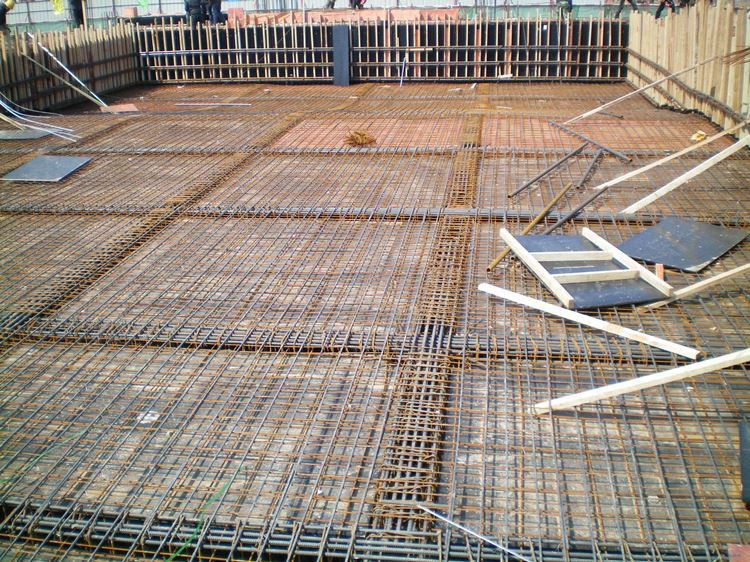- July 10, 2024
- Posted by: wellcoindustries
- Category: Rebar
Introduction:
When it comes to building a durable and long-lasting swimming pool, fiberglass pools have gained immense popularity due to their sleek design and ease of maintenance. However, one critical aspect that often goes unnoticed is the reinforcement of these pools with rebar. Rebar, short for reinforcing bar, is a crucial component in pool construction, ensuring the structural integrity and longevity of your investment. In this article, we will delve into the importance of fiberglass pool rebar, the types available, and how to properly install and maintain it for the best results.

Understanding Fiberglass Pools
Fiberglass pools are becoming a favorite among homeowners due to their smooth surfaces, quick installation, and low maintenance requirements. Unlike concrete or vinyl pools, fiberglass pools are pre-fabricated in a factory and then transported to the installation site. This method not only speeds up the construction process but also results in a pool that is resistant to algae and other common pool issues.
The Role of Rebar in Pool Construction
Rebar is a steel bar or mesh of steel wires used as a tension device in reinforced concrete and masonry structures to strengthen and hold the concrete in compression. In the context of fiberglass pools, rebar plays a vital role in reinforcing the pool structure, providing added strength and stability. This reinforcement is particularly important in areas prone to ground movement or where the pool may be subject to heavy use.
Types of Rebar Used in Fiberglass Pools
There are several types of rebar that can be used in the construction of fiberglass pools:
- Steel Rebar: The most common type, known for its strength and durability.
- Fiberglass Rebar: Lightweight and corrosion-resistant, making it ideal for pool environments.
- Composite Rebar: Combines different materials to offer specific benefits like flexibility and resistance to environmental factors.
Each type has its own set of advantages and should be chosen based on the specific needs of your pool project.
Installation Process of Fiberglass Pool Rebar
Installing rebar in a fiberglass pool requires careful planning and execution:
-
- Preparation: Begin by preparing the pool site and ensuring the ground is properly leveled.
- Placement: Rebar should be strategically placed around the pool’s perimeter and key structural points.
- Securing: Ensure that the rebar is securely tied together and properly anchored to prevent movement during the pouring of concrete or other pool construction phases.
- Inspection: Conduct thorough inspections to ensure all rebar is correctly installed before proceeding with further construction steps.
Cost and Maintenance of Fiberglass Pool Rebar
The cost of rebar for a fiberglass pool can vary depending on the type and quantity required. On average, homeowners can expect to spend between $500 and $1,500 on rebar materials. Regular maintenance includes inspecting the pool structure for any signs of wear or damage and addressing any issues promptly to prevent further complications.
Benefits of Reinforcing Your Pool with Rebar
Reinforcing your fiberglass pool with rebar offers numerous benefits, including enhanced strength, reduced risk of cracking, and increased overall durability. This investment not only extends the lifespan of your pool but also provides peace of mind, knowing that your pool can withstand various environmental stresses and heavy usage.
Conclusion:
In summary, using rebar in the construction of fiberglass pools is essential for ensuring their strength and longevity. By understanding the types of rebar available, the installation process, and the associated costs and maintenance, homeowners can make informed decisions that will benefit them for years to come. If you’re planning to build a fiberglass pool, consider consulting with a professional to ensure the proper reinforcement techniques are used, giving you a pool that stands the test of time.
